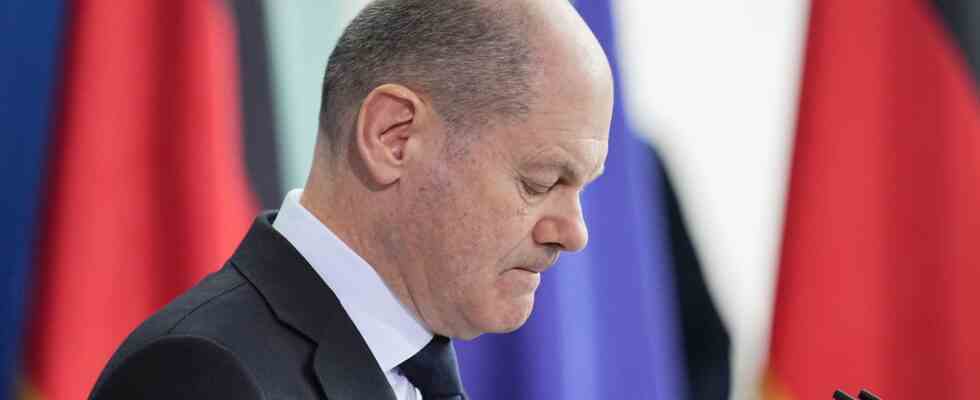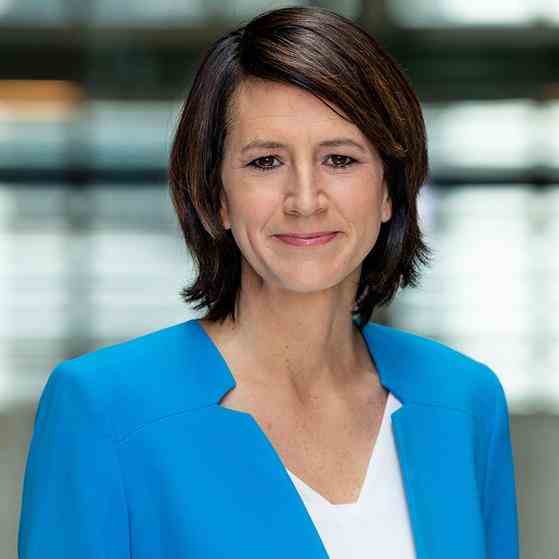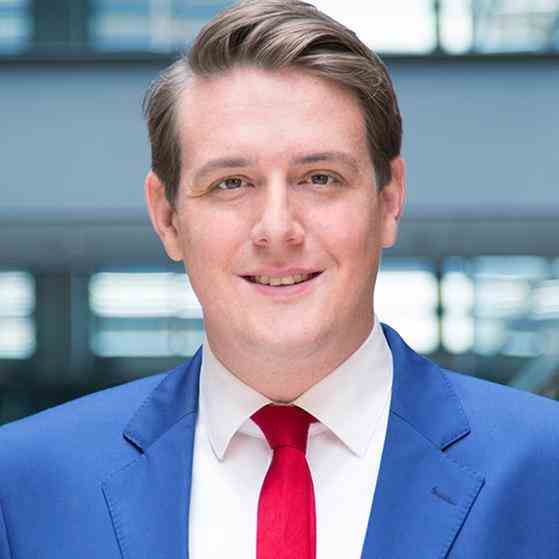analysis
Status: 02/24/2023 08:08 a.m
The traffic light coalition had big plans under Olaf Scholz. Then came Putin’s war. What did that do to the “Climate Chancellor” and the “Progress Alliance” – what else can it do?
The sleepless nights are clearly written all over Olaf Scholz’s face when he steps up to the lectern of the Bundestag for the hastily convened special session that Sunday to explain: “We are experiencing a turning point: the world after is no longer the same as the world before. “
It is February 27, 2022, three days after Putin’s “infamous breach of international law” (Scholz). Outside, a few meters from Parliament, hundreds of thousands of citizens, including many children, are demonstrating against the war at the same time. Fears that have not been known for a long time are raging in the country – of a third world war, even of a nuclear attack by nuclear power Russia.
This is a “turning point” in foreign and security policy for Germany and Europe, but above all it is also a “turning point in knowledge” (Handelsblatt) for the governing German politicians, from former chancellor Angela Merkel with her former vice chancellor Scholz – to the current chancellor party, the SPD from one day to the next has to completely question its previous Russia policy.
Your foreign policy Latin is at an end overnight. The Russian gas pipeline Nord Stream 2, which was launched by Merkel and Scholz – a mistake of recent German politics. Federal President Frank-Walter Steinmeier will later speak of an “epoch break” in a speech on May 8 – it is also a break with former SPD chancellor, Gazprom lobbyist and Putin friend Gerhard Schröder, whom he had served as chancellery minister for a long time.
Suddenly, the new governing coalition of SPD, Greens and FDP must deal with the consequences of the Russian war of aggression, such as an imminent “gas shortage” – the dependence on Russian gas is now falling on politicians’ feet.
The traffic light coalition’s grace period is over faster than in almost all previous governments: “One of the most difficult starting conditions that a federal government has ever had,” said political scientist Uwe Jun in an interview tagesschau.deIn any case, it was definitely more difficult for the first federal government in 1949, which had to rebuild and democratize a country destroyed by Hitler’s war and had to make fundamental decisions.
Optimistic start
When Scholz swears his oath of office in the Bundestag on December 8, 2021, he probably imagines the next few months differently. The traffic light is to become a “progress coalition”. Everything that, from Scholz’s point of view, did not work with the Union in the crippling GroKo years now seems within reach: a new citizenship law, for example, the farewell to Hartz IV – and above all a different climate policy. The energy transition should finally succeed. The pandemic with its controversial restrictions is still ongoing, but we are optimistic about the future.
Triggered by the Russian war of aggression, several crises rolled towards Germany: energy prices went through the roof, inflation in Germany continued to rise and the country took in more refugees than in 2015/2016 due to the war against Ukraine.
At the cabinet meeting in the summer, the initial euphoria had long since disappeared – the war of aggression against Ukraine is putting the Scholz government in permanent crisis mode.
Image: EPA
“Crisis mode from day one”
Compared to the crisis-free beginning of Merkel’s term in 2005, Scholz had to “lead the country through multiple national and international crises from day one,” says SPD co-leader Lars Klingbeil in an interview with the ARD Capital Studio: Merkel was only confronted with a major crisis, the financial crisis of 2008, in her third year in office.
It’s all happening while many in the traffic light coalition are still practicing government. In the central ministries of the Greens and FDP, only Robert Habeck and Volker Wissing have experience at the head of a ministry. You can tell that some members of the government are overwhelmed by the crisis mode.
It is becoming apparent that moving from opposition to government is not easy. The SPD brings with it the government experience of the GroKo years. But she has problems too. Ironically, with her Minister of Defense Christine Lambrecht. Although she was a minister before, that doesn’t stop her from making one mistake after the other.
As the one at Scholz’s side who is now supposed to define the “turning point” for the defense of the alliance and the country and to better equip the Bundeswehr with the special fund of 100 billion euros announced for this purpose, she soon seems like the wrong choice. Parallel to Scholz’s speech about a turning point in the era, the Russian invasion was followed by the comparatively late change in arms, with each step being announced by the chancellor personally.
Compared to Lambrecht, Foreign Minister Annalena Baerbock seems self-confident and more independent. If Scholz expressly thanked her for her current merits in his speech about the turn of the century, the two are now in more distanced competition side by side than with each other. Who shapes German foreign policy to what extent? This can be seen, for example, in the first German national security strategy.
“Bitter Choices”
Scholz’ Green Vice Chancellor Habeck demonstrates rhetorical skill in dealing with the crisis: And this despite the fact that the Minister for Economic Affairs and Climate Protection now has to demand uncomfortable truths from his party in order to avert the gas shortage. Habeck is putting decommissioned coal-fired power plants back online, having liquid gas terminals built in record time, nuclear power plants running longer and bowing to the Minister of Trade in Qatar – in the hope of natural gas deals to secure supplies in this country.
“It was a chain of difficult decisions,” Habeck says ARD Capital Studio. Right, but problematic because of global warming, he considers the step of putting coal-fired power plants back on the grid, which is “of course a bitter decision.”
…and swallowing bitter pills
But not only the Greens have to swallow bitter pills, also the FDP: The party, which campaigned for wanting to handle state finances carefully, has to endure the title of “record culprit” in the face of the crisis in the person of Finance Minister Christian Lindner.
Never before has a finance minister, and thus Germany, had to take on such high debts. As head of the FDP and finance minister, he always upholds the debt brake enshrined in the Basic Law, has resisted tax increases since taking office and refers to the FDP principles negotiated hard in the coalition agreement.
But with the turn of the century, the balancing act begins – between debt brake and saving the economy, relieving the burden on citizens and strengthening the Bundeswehr. In the end there is always the question: How long can and how long does the state have to pay for all this? What can Germany afford?
Numerous individual pots are sold, often with the Chancellor’s powerful words such as the “double boom”: 200 billion euros for the gas and electricity price brake, reactivated money from the economic and stabilization fund – bypassing the debt brake. In addition to the special fund for the Bundeswehr, there are numerous relief packages and corporate aid: more money is used to react than a long-term strategy is developed.
Difficult assignment
It is now time to move from a highly indebted state to a state that can strengthen its reserves again, says Lindner ARD Capital Studio. A return to normality, in which the state cannot finance everything. This is a difficult task for Scholz, which he now has to implement with his cabinet: something will have to be dispensed with. All the projects that were written into the coalition agreement before the turn of the century will probably not be feasible in this way.
The distribution battles between the ministries are already beginning. You will get even harder. Because from the 2024 federal budget, the debt brake should come into effect again. But how do you get people to want unreasonable demands – and then the right ones at that, asks the sociologist Armin Nassehi, adding: “An election will certainly not be won by demands for collective asceticism.” Organizing the waiver democratically and in solidarity – that will take many more nights of negotiation in the coalition committee.
In addition, there is a new political situation that a federal government has not had for a long time: the opposition was weak in the days of GroKo. The Greens often showed a lot of understanding for government action – especially during the pandemic – and the FDP rarely managed to get through with their criticism. But now the traffic light coalition is facing a powerful opposition. And not just in the Bundestag. While 15 out of 16 state governments were led by the SPD, CDU and CSU in the days of GroKo, the Union-led states are no longer loyal partners. Opposition leader Friedrich Merz currently has an easy time driving a wedge between the often divided traffic light coalition with the federal states.
Differences between coalition partners more visible
In the initial euphoria, the very different coalition partners emphasized what they had in common. Now, however, with the ever-dwindling financial and political leeway, their differences are becoming much more visible, says political scientist Jun. Because each of the three partners now has fewer opportunities to move their own projects forward.
How many of the reforms you want the Scholz government to implement in times of war is an open question. In any case, Scholz already has one sentence in the history book: the chancellor of crisis superlatives.



